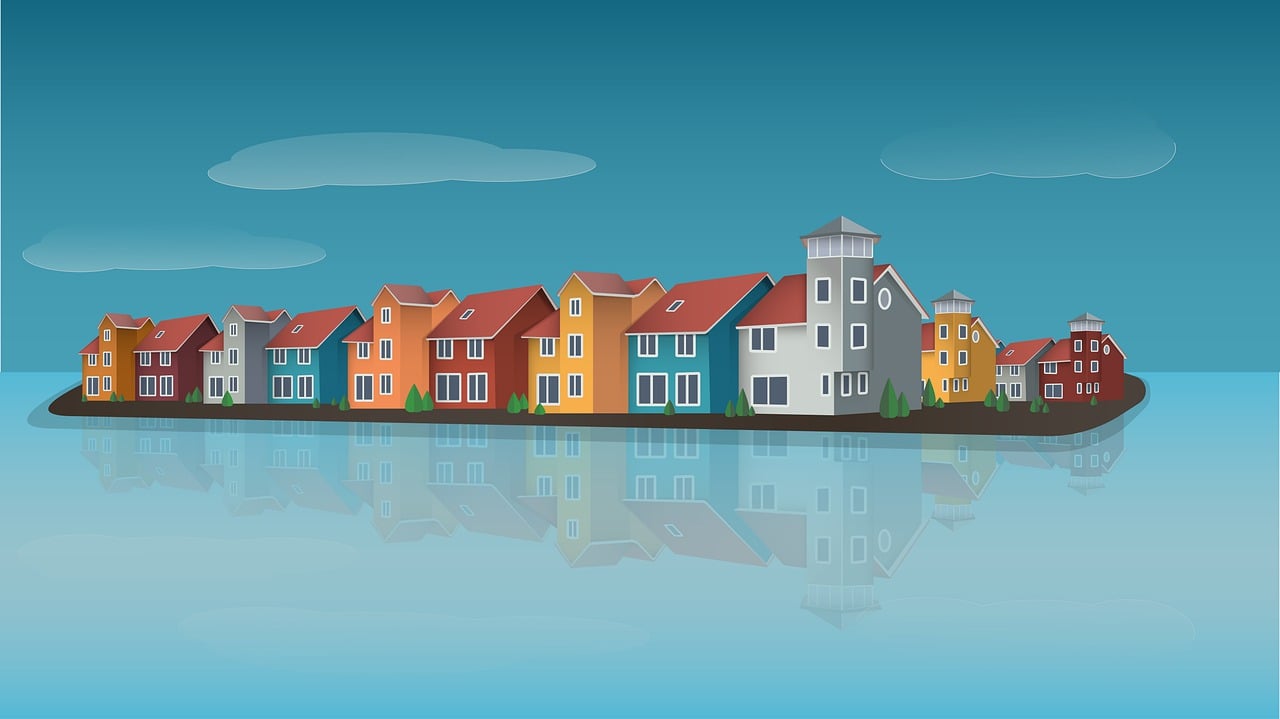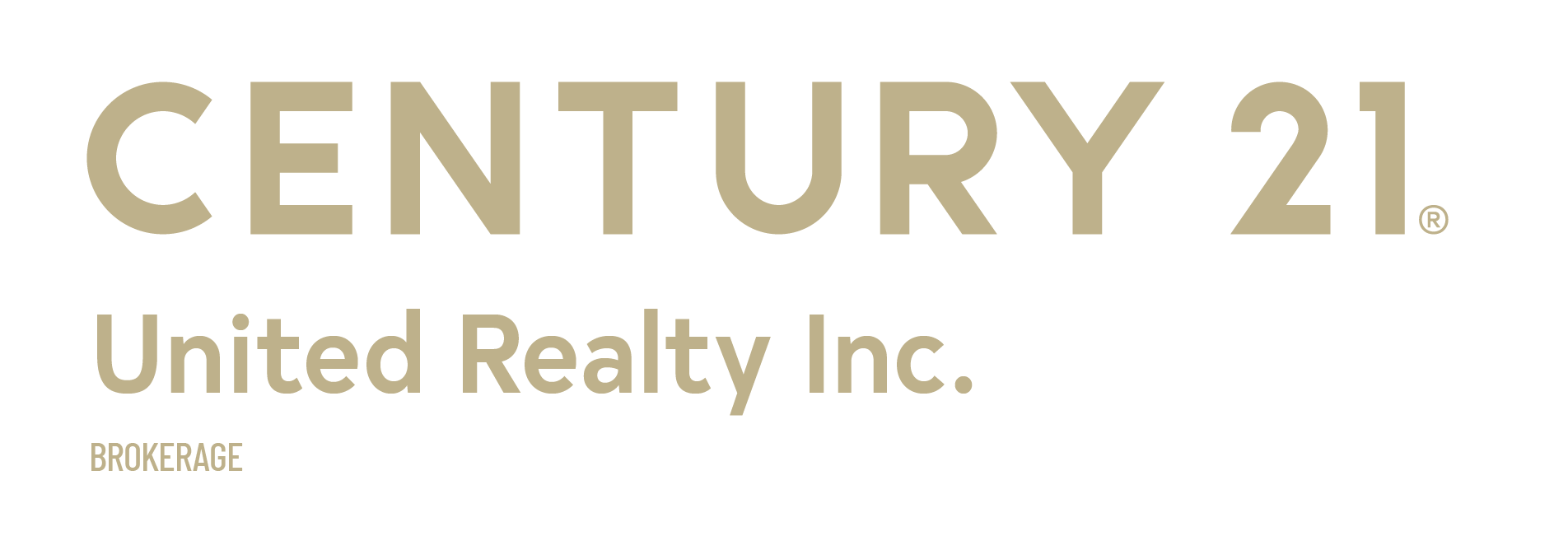Buying your first home is one of the biggest decisions you’ll make, and in the Canadian real estate market, it can feel like quite the adventure. But don’t worry! With the right information and preparation, you can make the home-buying process a whole lot smoother and (hopefully) less stressful.
Here’s what you can expect when buying your first home in Canada, from figuring out your finances to getting the keys in your hand.

1. Set your Budget (How much can you actually afford?)
Down Payment: Right now in Canada, you need a minimum of 5% down for homes under $500,000. For homes priced between $500,000 and $999,999, you’ll need 5% for the first $500,000, and 10% for the rest. For homes over $1 million, a 20% minimum down payment is required.
Mortgage Pre-Approval: Since a pre-approval can help you determine your budget, it is a good idea to get pre-approved for a mortgage early on. A pre-approval is quick and stress-free, and lets you know how much a bank is willing to lend you. It also helps sellers know you’re serious when it comes to making a home purchase.
Other Costs: Don’t forget to budget for other costs, called “closing costs”, which can range from 1.4% to 4% of the purchase price. These include things like legal fees and land transfer taxes; although first time home buyers can receive up to $4000 back on their land transfer taxes. To get an idea of what your legal fees might be, check out this closing cost calculator provided by a local lawyer here in Peterborough.
2. Know your Financing Options
There are a few different mortgage options available. We recommend speaking with a mortgage broker to better understand what might work best for you. Deciding between a fixed-rate or variable-rate mortgage will depend on the current market, as well as your financial situation and comfort level. It is also important to remember that CMHC mortgage default insurance is required for down payments less than 20%, and this cost will be added to your mortgage payments.
3. Find a Real Estate Agent you trust
A good real estate agent is worth their weight in gold when you’re buying your first home. It’s important to work with someone who has experience with first-time home buyers; as your agent is there to help you navigate the market, and handle negotiations. Team vanRahan is always happy to take on new clients, or help you find the right real estate agent in your area. Reach out to us here if you have any questions about the process.

4. Start House Hunting
Create a “Wants” and “Needs” List: Think about what you really need in a home, and what things would be nice, but aren’t deal breakers. You might need a certain number of bedrooms, bathrooms, or parking spaces. If your budget is tight, try to focus on essentials. That way, the extra bedroom or the granite countertops feel like bonuses, and you don’t go over your budget in the process. TIP: Share this list with your real estate agent! They may have access to additional information on a property.
Expect Disappointments: You might fall in love with a house that someone else outbids you for. It happens. You might not be able to agree on price, a house might sell before you get a chance to see it, or a conditional purchase may not come together. Remember to breathe, and know that the right house will come. Who knows, your perfect home might hit the market tomorrow!
Go See Houses!: The best way to know what you like and what you’re looking for in a home, is to go see them in person, and get the full experience. We know that in addition to the listings your real estate agent sends your way, you have access to excellent resources like realtor.ca to see what is on the market. See something you’re interested in? Let your real estate agent know! We are always happy to show homes, and can help you decide why a house might be great, or not-so-great for you after seeing it. Open houses can also be a great way to get a look at what is available; and don’t be afraid to book another showing with your real estate agent after attending one.
5. Make an Offer
Once you’ve found the perfect home, it’s time to make an offer. Your agent will help you with this, but here’s what you should know:
Price: It is ultimately up to you what price you’d like to offer on a home. However, your real estate agent can help decide what is appropriate on a case-by-case basis, and will look at comparable properties to help you make an educated decision.
Conditions: Your real estate agent can help you decide which conditions you’d like to put in your offer, but there are some that Team vanRahan always recommends:
- Financing: You’ll want to make sure that a bank will loan you money for this particular home.
- Home Inspection: It’s a good idea to have a home inspector that you trust do a building inspection. That way, if there are any surprise renovations that you wouldn’t want to take on, you aren’t bound to purchasing the home.
6. Next Steps
After you’ve made your purchase and finalized all conditions, there are a few things you’ll want to do to ensure you’re all set for the smoothest move possible:
Utilities: Contact the local utility companies to set up your new accounts. You’ll need hydro, water, and usually gas set up. You can typically do all of this online. In Peterborough, you can contact Hydro One for hydro, PUC for water, and Enbridge for gas.
Mail: You might want to contact Canada Post and have your mail forwarded. We recommend having it forwarded for at least 6 months to 1 year.
ID: You will need to have new ID cards issued within 6 days of changing your address. This is the law in Ontario.

7. Closing Day
On closing day, all the paperwork is finalized, and you officially become a homeowner. Here’s what to expect:
Legal Stuff: Your lawyer will handle the paperwork, make sure the title is clear, and ensure everything is in order. You’ll need to sign a bunch of documents, and pay your down payment and closing costs. The home will officially become yours as soon as the lawyers close the deal, which will be before 6pm on the closing date. Only then is the home in your possession, it does not automatically change ownership on the closing date.
Insurance: You will need to have homeowners insurance before closing. This protects you and the lender in case anything were to happen to the property.
Welcome to Home Ownership
Congratulations! You’re officially a homeowner! Owning your first home is a big accomplishment, so take the time to enjoy it.

 Facebook
Facebook
 X
X
 Pinterest
Pinterest
 Copy Link
Copy Link



